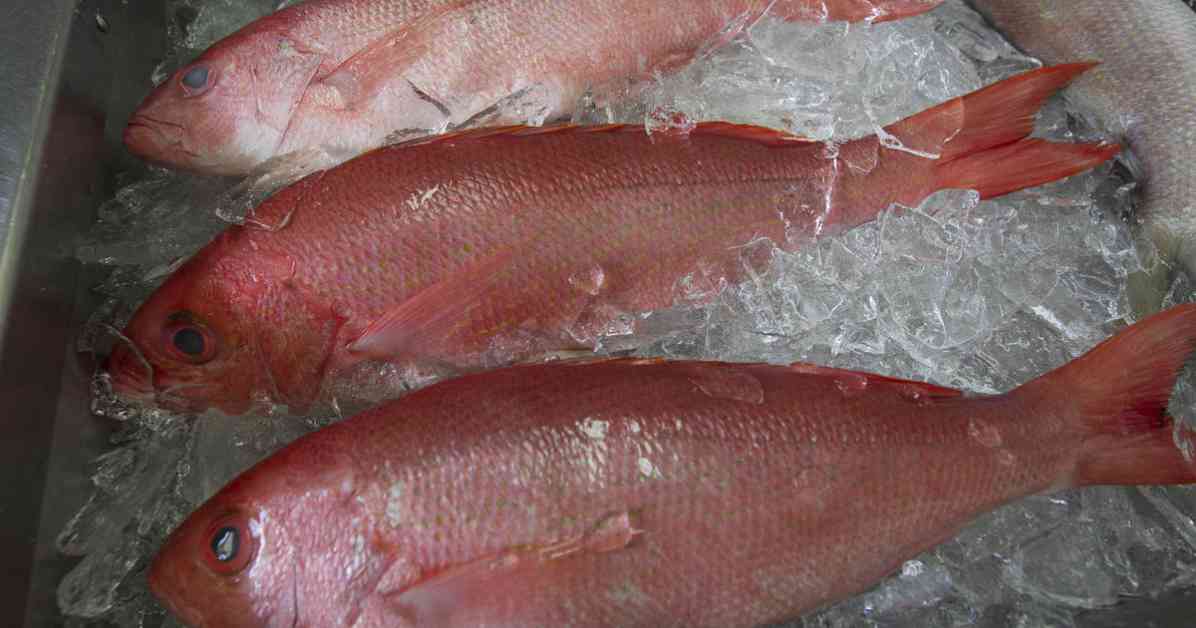Illegal Fishing of Red Snapper in Gulf of Mexico: Drug Cartel Profits & Impact on Marine Life
For years, U.S. authorities and fishermen have been complaining about illegal fishing for red snapper in the Gulf of Mexico, and now it’s been revealed who is behind the lucrative trade: a Mexican drug cartel. The U.S. Treasury Department announced sanctions against members of the Gulf drug cartel, which operates in the border cities of Reynosa and Matamoros, across from McAllen and Brownsville, Texas.
While commercial fishing and drug cartels may seem like an unlikely combination, it makes perfect sense for a criminal organization. The department says the cartel uses fishing boats to facilitate drug and migrant smuggling; along the way, the boats catch tons of red snapper, a commercially valuable but vulnerable species. The boats often launch from Playa Bagdad, east of Matamoros, on the Gulf coast.
The Mexican boats, often based out of Playa Bagdad, sell their catch in Mexican border cities, where they are sometimes shipped into Texas for resale in the U.S. market. This illegal activity occurs while U.S. fishermen had to respect strict seasonal limits or closures designed to protect fish populations.
As the fishing of red snapper and shark species is under strict limits in the United States, Mexican fishermen cross into U.S. waters to fish via these boats. They then bring their catch back to lancha camps in Mexico, where the products are ultimately sold and sometimes exported into the United States. This activity earns millions a year for lancha camps and leads to the death of other marine species that are inadvertently caught on the long lines of baited hooks the boats use.
The U.S. Treasury Department announced sanctions against five individuals linked to the Gulf drug cartel for illegal fishing. These individuals are involved in illegal fishing and drug smuggling activities in the Gulf of Mexico.
This isn’t the first time cartels have been involved in illegal fishing in Mexico. Experts say other drug cartels are involved in the prohibited gillnet fishing for totoaba in the Gulf of California, threatening the world’s most endangered porpoise, the vaquita marina.
In recent months, the U.S. Treasury has imposed sanctions on cartels for various reasons, from drug trafficking to fuel theft to time share scams. The U.S. government has also prohibited Mexican fishing vessels from entering U.S. ports on the Gulf of Mexico due to illegal fishing activities.
The U.S. Coast Guard has apprehended dozens of Mexican boats in the Gulf, including repeat offenders who had been interdicted multiple times. This illegal fishing not only harms marine life but also poses a threat to the ecosystem in the Gulf of Mexico.
It is crucial for authorities to continue monitoring and cracking down on these illegal activities to protect marine life and ensure the sustainability of fishing practices in the Gulf of Mexico. The collaboration between U.S. and Mexican authorities is essential to address the issue of illegal fishing and drug smuggling by cartels in the region.























